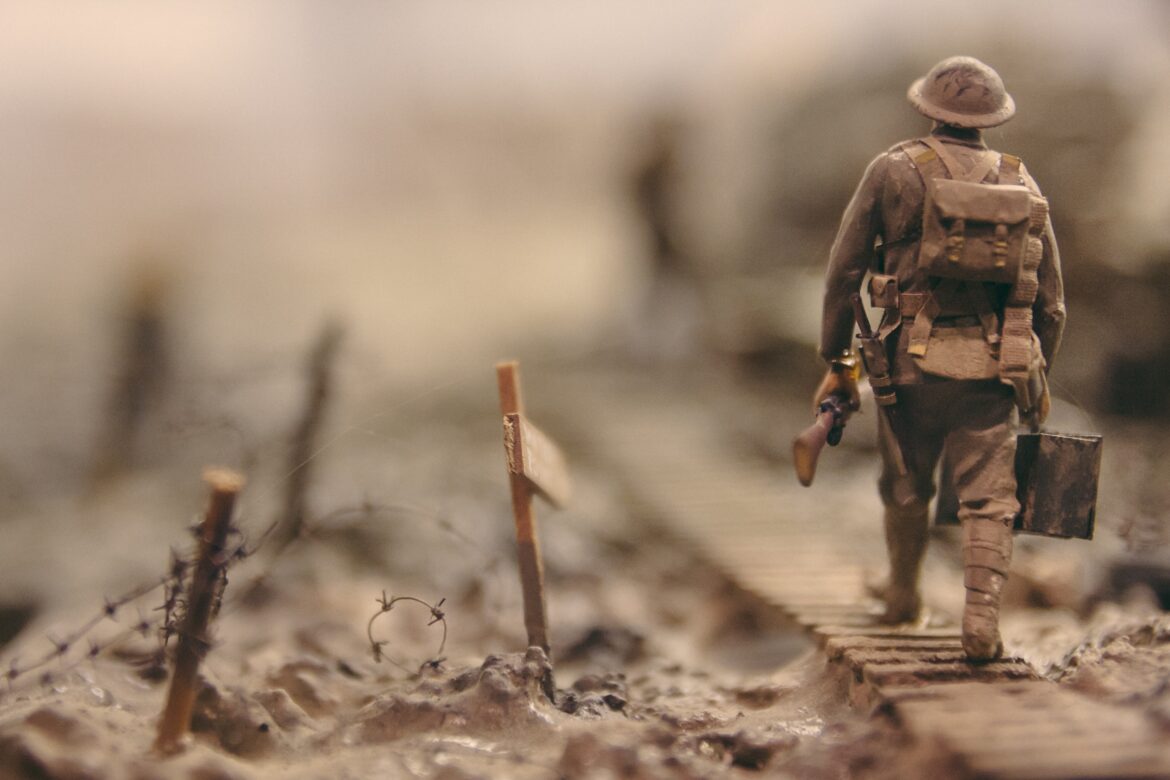Directed by Clint Eastwood, the two movies ‘Letters from Iwo Jima’ and ‘Flags of our Father’, the most horrific battlegrounds of WWII from both the American and Japanese perspective. Letters from Iwo Jima” tackles the Japanese perspective and is a deeply thought-provoking film that delves into the horrors and complexities of World War II.
As someone who has always been fascinated by WWII, I approached this movie with great anticipation, and it did not disappoint.
Shot in Japanese, the film primarily focuses on the Battle of Iwo Jima, presenting the perspective of the unarmed and outnumbered Japanese army as they face relentless attacks from the American forces. Led by Lieutenant General Tadamichi Kuribayashi, the Japanese soldiers adopt an unconventional defense strategy, constructing intricate caves and tunnels across the volcanic island. These defensive structures not only extend the battle well beyond the initially anticipated three days to a thirty-five days.

“Letters from Iwo Jima” draws inspiration from the actual letters written by General Kuribayashi, providing an authentic and intimate portrayal of the soldiers’ experiences. Despite the fact that the Japanese are traditionally portrayed as the “bad guys” in this context, the film humanizes them, and one can only feel sympathy for the young soldiers trapped in the caves, awaiting inevitable attack and death. They know they are outnumbered, and they know they are never going home…but they must defend their homeland till their last breath.
You realize as you watch this movie, that if war has a point, then it’s not for the people who participate in it. Separated from home and their lives, they are fighting for someone else’s cause. Murder is a crime. But during war time it becomes acceptable. Strange, isn’t it?
The humanizing of the enemy helps explore the moral complexities of war and prompts the viewers to contemplate the profound human cost of war and question its purpose.
“Letters from Iwo Jima” delves into the psychological and emotional toll of war, leaving a lasting impact on the audience. I highly recommend this film to those who appreciate serious and thought-provoking cinema.



0 comment
ok i’m not a watcher of serious cinema but I can say this from my reading…no matter how empathetic you feel for the Japanese army here…documented history points out to the fact that they were also at some point interested in expanding their empire. Not to mention, every country was equivalently ruthless with the prisoners of war.
And Sun Tzu’s book ‘The Art of War’ does highlight the fact that motivating the army is one of the most important aspects that any General should follow for winning a war! And he goes onto say a lot of stuff there 🙂 but then any long drawn war has its effects and they are mostly negative.
I was not supporting the Japanese cause – all I was saying that the people who take the decisions to go to war are not the people who actually fight it out. Yes we need to fight for a greater cause..but i am sure when it comes to life or death..u would atleast once question the greater cause.